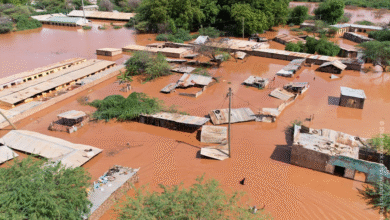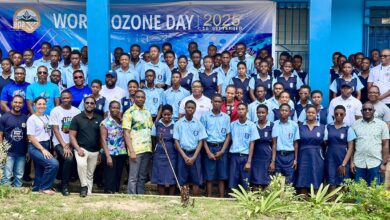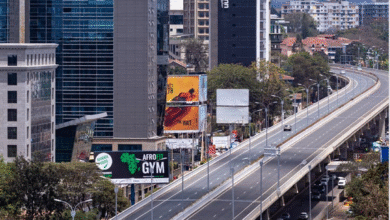Ecobank Deepens Commitment to Sustainability with Major Reforestation Effort at Chipa Forest
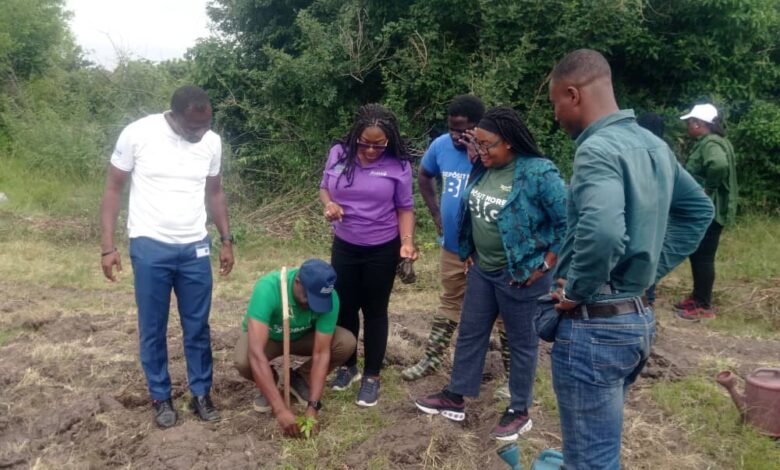
Ecobank has stepped up its commitment to environmental stewardship by adopting two hectares of degraded land within the Chipa Forest Reserve in Dodowa under Ghana’s Tree4Life Reforestation Initiative.
In partnership with the Forestry Commission (FC), the bank will plant 1,606 seedlings of various tree species over the next two weeks, aiming to restore the area and combat the effects of climate change.
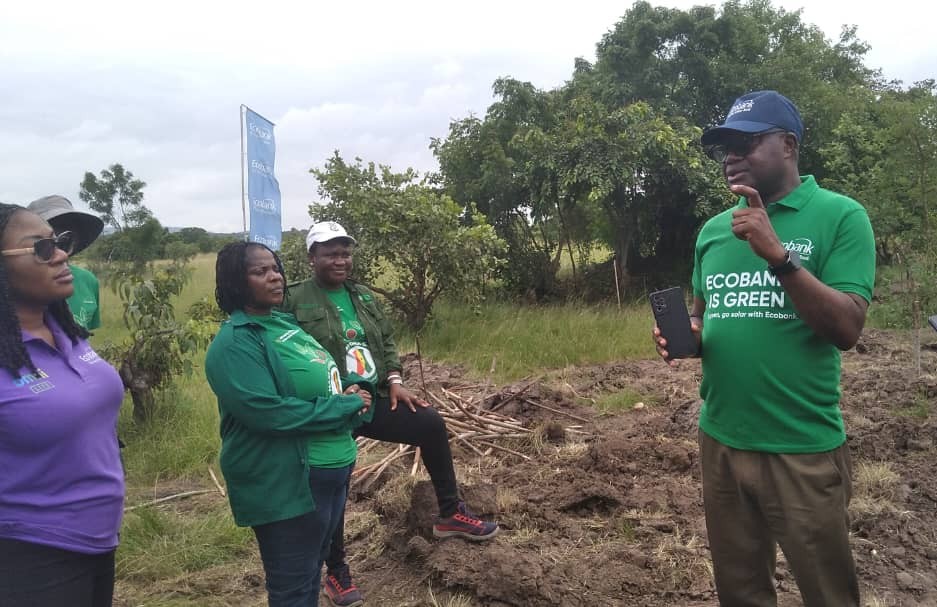
Speaking on behalf of Tara Squire, Executive Director and Regional Head of Consumer Banking, Ecobank’s Head of Corporate Communications, Dr. Daniel Kasser Tee, said the initiative marks a new phase in the bank’s long-standing collaboration with the FC. “We’ve partnered with the Commission since 2013 to green Ghana, and this year we’re scaling up our efforts to create sustainable impact,” he noted.
The project forms part of Ecobank’s broader 2025 reforestation programme, which includes tree planting at schools, hospitals, and community events across five regions. The bank has also participated in national commemorations of World Environment Day and collaborative efforts with diplomatic missions and institutions.
Dr. Kasser Tee emphasised that reforestation provides economic, health, and ecological dividends. “A single mature tree supplies enough oxygen for up to four people daily and can absorb 13 pounds of carbon each year,” he said.
Ecobank, as Africa’s largest pan-African bank, continues to integrate sustainability into its operations, reducing its carbon footprint and supporting financial inclusion across underserved communities. The bank urged individuals to contribute by planting at least one tree annually, a collective effort that could add 20.8 million trees to Ghana’s landscape each year.
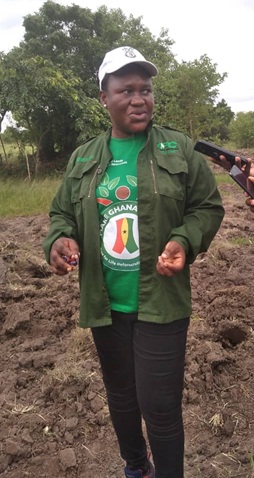
Forestry Commission officials stressed that the effort goes beyond planting trees. “We nurture each seedling through watering, replacing dead plants, and creating fire belts to ensure survival,” said Madam Linda Ansah, Manager of the Tema-Ada Forestry District. She added that initiatives like this help curb illegal logging, restore degraded forests, and mitigate climate change.
Beyond environmental benefits, the project is expected to create jobs and support community livelihoods through the Commission’s “Tunja” system, which allows farmers to grow food crops alongside trees, keeping 100% of the harvest and a 40% stake in the matured trees.
Madam Ansah concluded by inviting other corporate organisations to emulate Ecobank’s example: “The government alone cannot restore Ghana’s forests. We need more partnerships like this to build a greener, more resilient future.”


